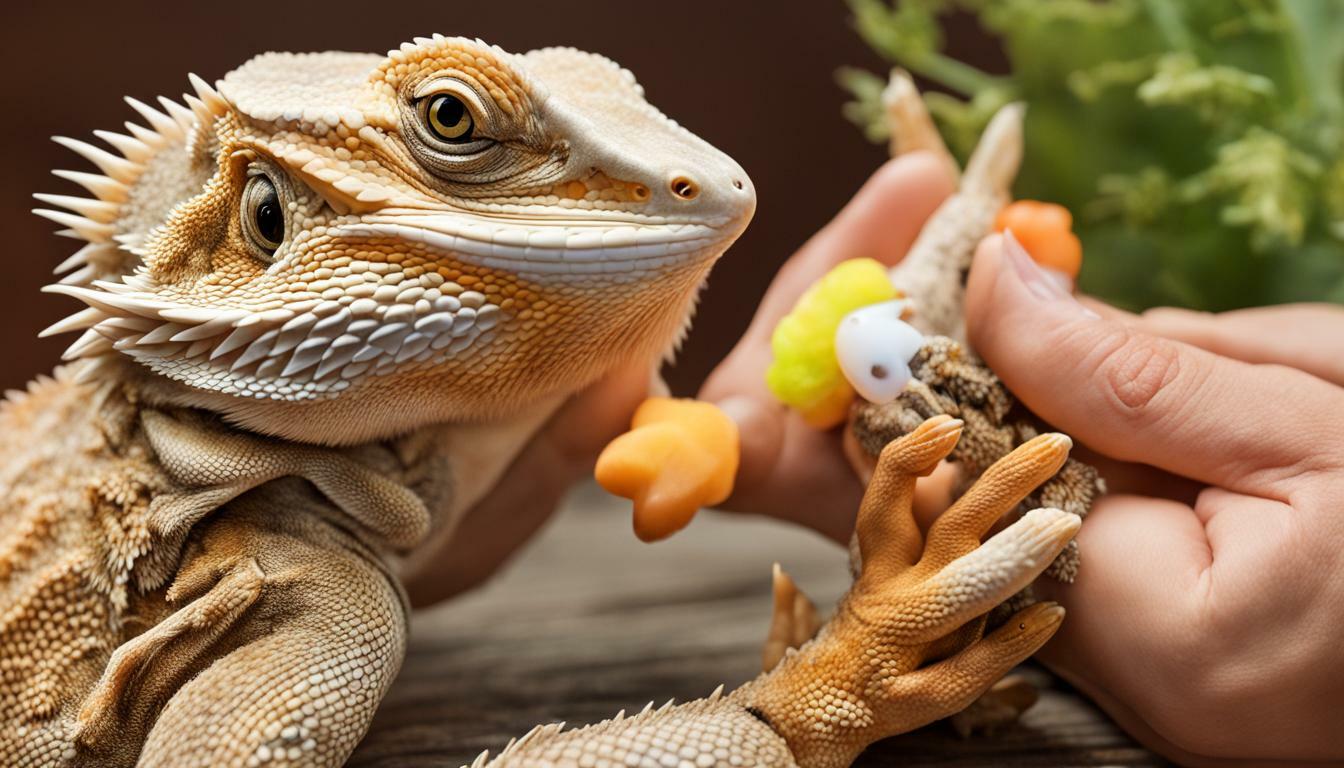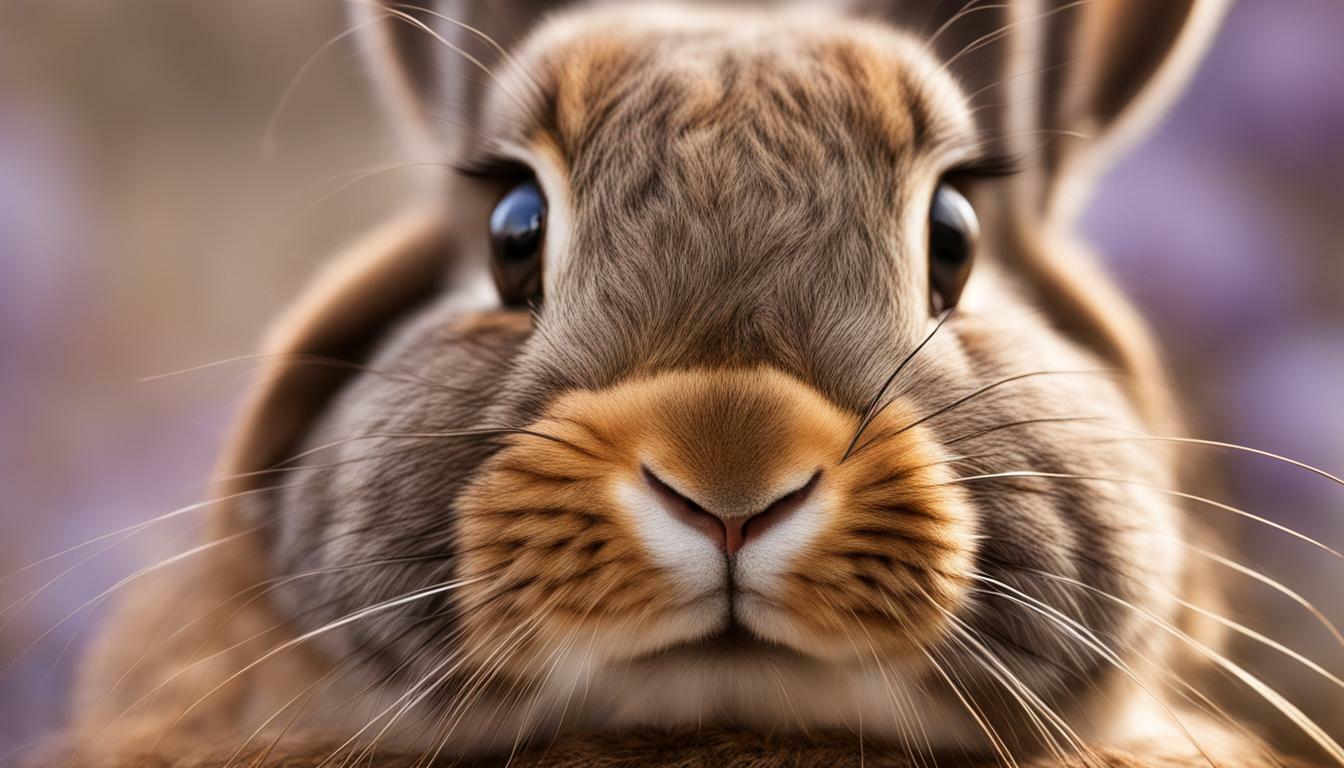How Do Reptiles Show Affection? Understanding Reptile Behavior

Table of content:
- Do reptiles bond with their owners?
- Do reptiles recognize their owners?
- Do reptiles like being petted?
- Do reptiles show affection to humans?
- Do reptiles have emotions?
- Can reptiles feel love?
- Do reptiles get attached to their owners?
- Do reptiles cuddle?
- Why don’t reptiles show affection?
- Do reptiles make good pets?
- Conclusion
Reptiles are often seen as cold, unfeeling creatures. But can reptiles really form bonds and show affection? Many reptile owners believe their pets recognize and respond to them positively. Let’s explore what science says about reptile emotions and how they connect with humans.
Do reptiles bond with their owners?
Some reptiles, like lizards and snakes, appear to recognize their owners and show excitement when they approach. Studies find they may associate their owners with food and safety. With regular gentle handling, some species learn to feel comfortable with touch and handling.
Though their emotions may be different from mammals, reptiles can form connections. Gentle, consistent handling helps reptiles bond with owners.
Do reptiles recognize their owners?
Many reptile owners report their pets reacting positively when they approach their enclosures. Certain snakes even slither toward their owners seeking interaction.
Lizards like bearded dragons recognize their owners’ voices and scents. With regular handling, they learn to trust their owners. Researchers believe reptiles can distinguish familiar humans from strangers through sights, sounds, and smells.
So evidence suggests reptiles can recognize owners they frequently interact with.
Do reptiles like being petted?
Reptiles often enjoy contact with trusted owners. Snakes may nuzzle into a gentle stroke or cuddle into an owner’s neck. Geckos and iguanas learn to enjoy having their heads or chins rubbed.
Turtles like having their shells or heads gently scratched. Stroking a reptile’s skin or scales can calm an anxious or defensive reptile. Owners should touch reptiles gently, respectfully, and for short periods to build trust.
With time and positive reinforcement, many species learn to feel comfortable being petted by their owners.
Do reptiles show affection to humans?
Reptiles demonstrate affection for owners differently than mammals. An excited lizard may run over to its owner for attention. A content snake may curl up beside a trusted handler and fall asleep.
Subtle signs like relaxing near owners, not fleeing handling, hissing less, and tolerating petting show reptiles feel attached. Enjoying human interaction is key evidence that reptiles can form bonds with caretakers.
Reptile affection manifests through trust, recognition, and seeking positive contact.
Do reptiles have emotions?
Many experts argue reptiles experience emotions, just very differently than humans and other mammals.
Studies show lizards and snakes display signs of basic emotions like fear, stress, pleasure, and curiosity. Their small reptile brains process emotions through instinctive responses, not advanced cognition.
Though more primitive than mammalian emotions, research suggests reptiles clearly feel and react to things that bring them joy, fear, stress, etc. So they are not the unfeeling machines some believe.
Can reptiles feel love?
Love may be too complex an emotion for reptiles’ small brains. However, experts think they can feel attached to owners they see frequently and connect with.
When a reptile seeks human interaction, relaxes near its trusted owner, and tolerates handling from them but not strangers, these suggest deep bonds.
Reptiles likely cannot feel the complex form of love that humans do. But their own reptilian version of affection and attachment is still powerful.
Do reptiles get attached to their owners?
Many reptile owners observe behaviors showing their pets do bond with them.
Lizards and snakes often display excitement when their owners approach. Allowing handling from trusted owners but not strangers demonstrates attachment.
Reptiles feeling safe and secure with specific humans suggests they recognize those caring for them. Seeking interaction with owners shows reptiles feel connected through trusting relationships.
So evidence indicates reptiles can feel attached to frequent human handlers.
Do reptiles cuddle?
Certain reptiles do seem to cuddle! Surprisingly, some snakes like ball pythons curl into loose coils against their owner’s body for warmth and security. Gentle handling can teach snakes to feel calm and content being held this way.
Smaller lizards like geckos also cuddle. Leopard geckos snuggle with owners for warmth and safety. And bearded dragons will lay against a trusted person’s chest or neck quite contentedly while being petted.
So with proper care, supervision, and handling, some reptiles enjoy cuddling with their owners!
Why don’t reptiles show affection?
Reptiles require very different care from domestic mammals. Their complex needs are often misunderstood.
In the wild, most reptile species are solitary and asocial. So pet reptiles may find human interaction unnatural and stressful.
Poor habitat, improper diet, lack of enrichment, and minimal handling can leave captives weak, ill, stressed, and unlikely to bond. Proper care promotes healthier reptiles more open to forming connections.
Reptiles also communicate subtly through sight, sound, scent, and touch. Reading their body language requires experience and careful observation.
With expertise, patience, and respect, we can better understand subtle reptile emotions.
Do reptiles make good pets?
Reptiles can make wonderful pets for the right owners! They display intriguing behaviors, personalities, and intelligence. Species like geckos, bearded dragons, and ball pythons tend to tolerate regular gentle handling.
Providing proper enclosures, heating/lighting, nutrition, and mental enrichment shows respect for reptiles’ complex needs. With attentive care, gentle handling, and positive reinforcement, reptiles can thrive and bond strongly with owners.
While challenging, sharing your home with a reptile can be very rewarding. Connecting with their unique ways of interacting is endlessly fascinating.
Conclusion
The relationship between reptiles and humans is complicated and often misunderstood. With expertise, respect and thoughtful care, we can support captive reptiles’ wellbeing and gain a deeper appreciation for their abilities to connect and interact with the world meaningfully in their own unique ways.
Simple black-and-white views of reptiles as either affectionate or unfeeling fail to capture the nuances of reptile cognition, communication, and emotional lives.
Continuing research and careful observational learning are key to better understanding reptile feelings, bonds and expressing affection in ways often very different, but no less meaningful, than our fellow mammals.
Reptile owners know the intellectual and emotional rewards of connecting with their pets. While emotion and attachment may take different forms, science continues advancing our understanding of reptiles’ ability to interact with and show affection for human companions when given the proper care to thrive.
Welcome. I’m Adreena Shanum, the proud owner of this website, and I am incredibly passionate about animals, especially poultry. I founded adreenapets.com as a labor of love, stemming from my desire to share my knowledge and experiences with poultry enthusiasts worldwide.




